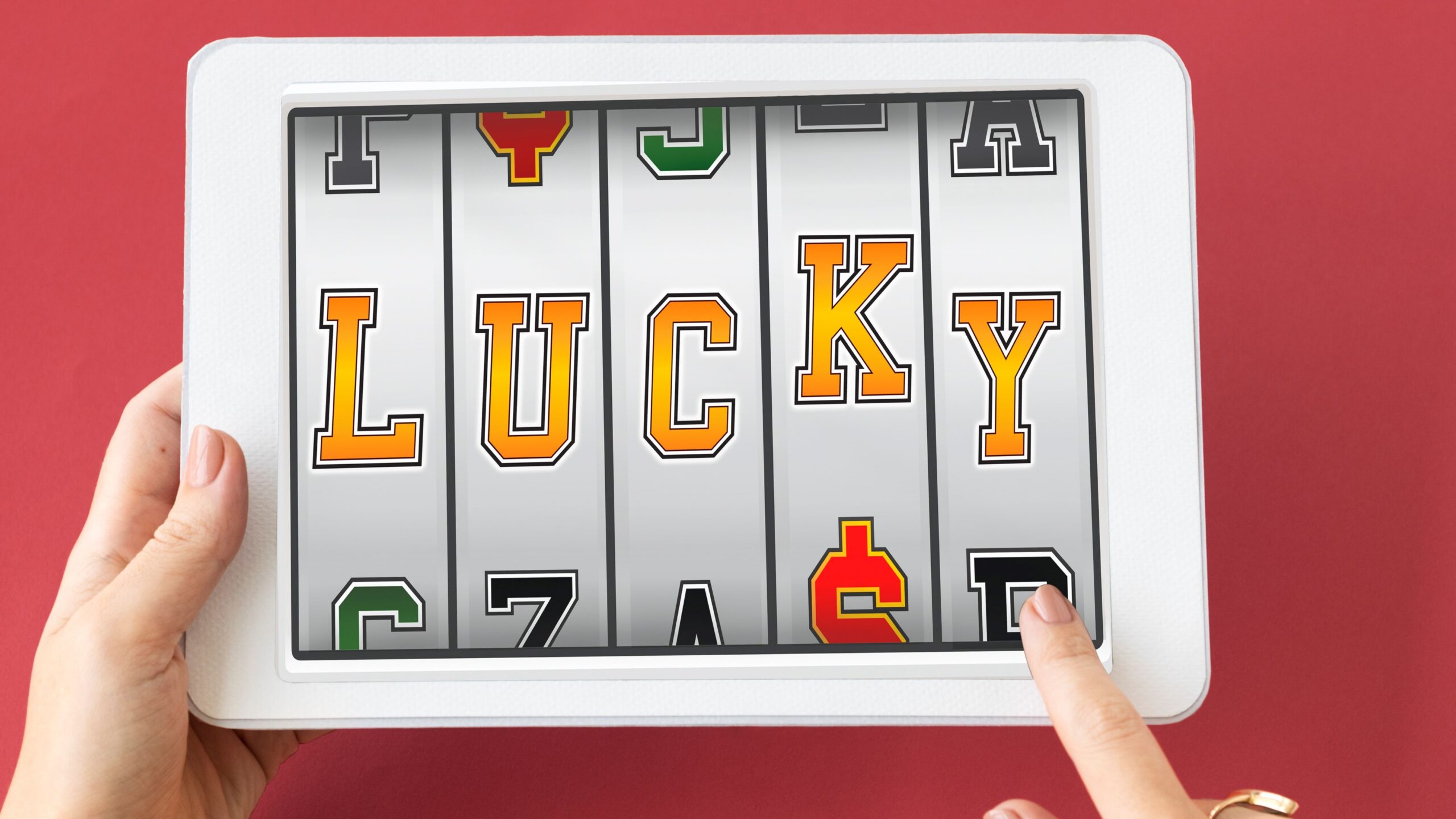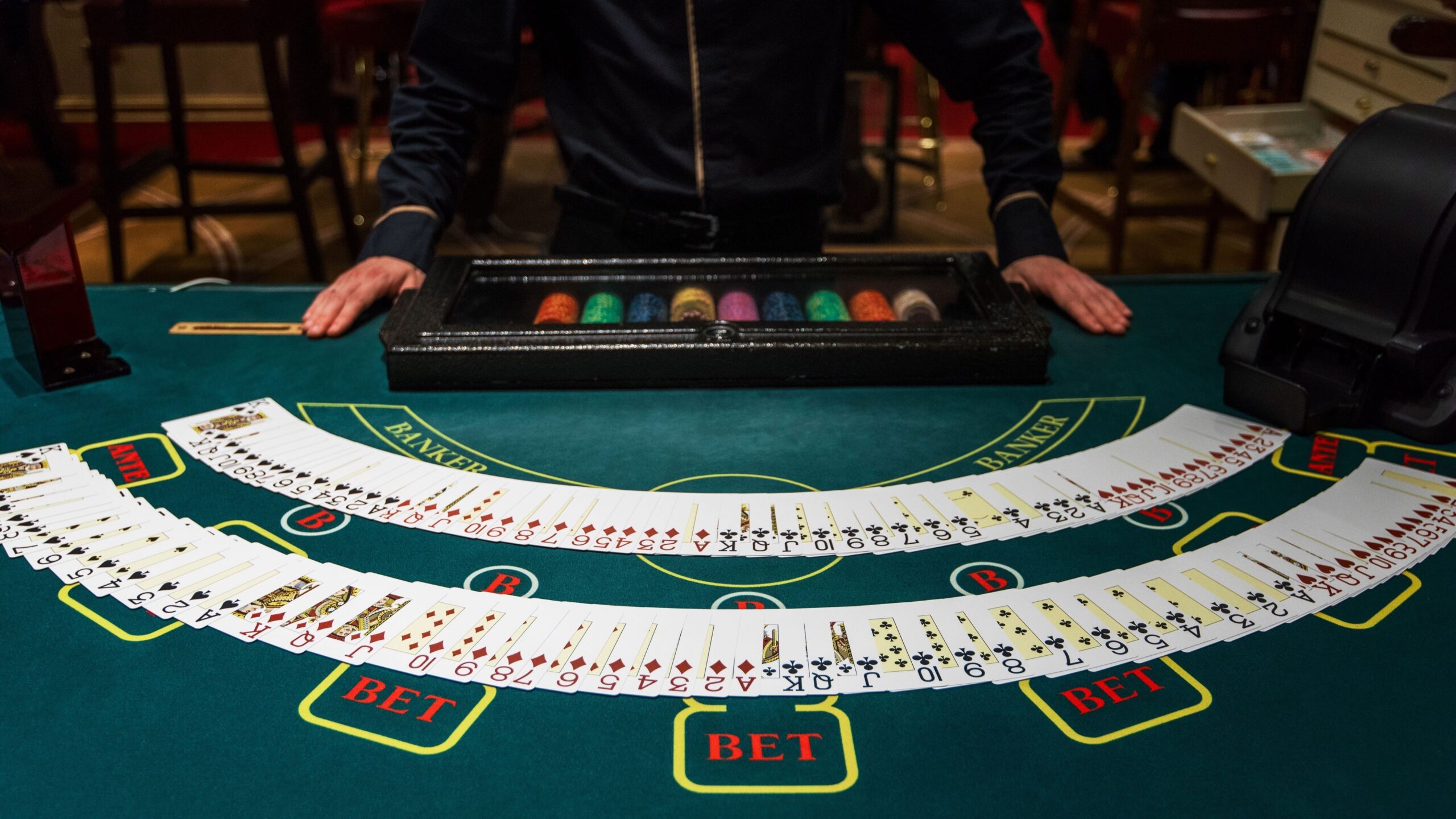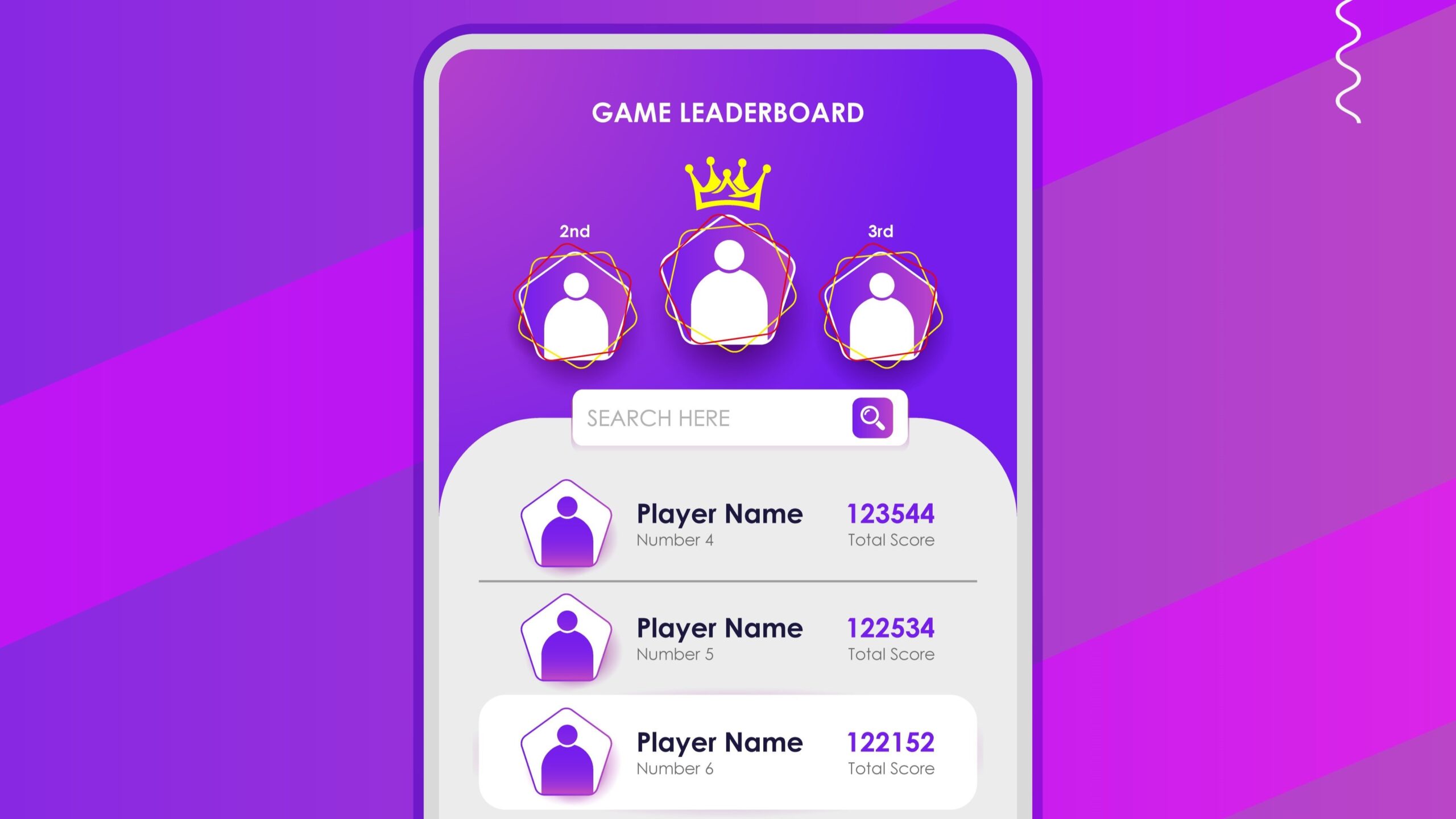When you walk into a casino, the dazzling lights and ringing sounds of slot machines draw you in like a magnet. It’s fun, it’s thrilling — but also, it can be a bit tricky. How can you be sure the slots you’re playing are fair and not rigged? Especially in South Africa, where gambling laws are complex and the industry is booming, this question matters a lot. So, let’s break it down step by step and help you spot those rigged slot machines before they empty your wallet.
Understanding Slot Machines in South Africa
Before diving into how to spot rigged slots, it’s crucial to first understand the nature of slot machines and the environment in which they operate in South Africa. Slot machines, often called pokies or fruit machines, are electronic gambling devices that feature spinning reels with various symbols. The idea is simple: when the reels stop, if certain symbols line up in winning combinations, the player receives a payout. The excitement and appeal of slots come from their unpredictable and random nature, which gives every spin a chance at winning. However, this randomness depends heavily on the fairness and integrity of the machine’s design and software.
In South Africa, the gambling industry is regulated by a structured legal framework that aims to ensure fairness and protect players. The National Gambling Board (NGB) is the key regulatory body overseeing gambling activities nationwide, while individual provinces have their own regulatory authorities managing casinos and gambling establishments within their jurisdictions. This layered oversight means that licensed casinos must follow strict rules, including regular audits and certification of their slot machines to guarantee fair play. Despite these safeguards, not every slot machine in South Africa operates on a level playing field, particularly in venues that are unlicensed or poorly regulated.
The regulated market generally promotes transparency and fairness, requiring casinos to operate machines that meet minimum payout standards and display clear information about the games. This helps players understand what to expect in terms of Return to Player (RTP) percentages and odds. However, the reality can sometimes be murkier, especially in less reputable establishments or illegal gambling dens where the machines might be manipulated to favor the house unfairly. This environment makes it even more important for players to be informed and cautious.
Understanding the combination of how slot machines function and the regulatory landscape in South Africa lays the foundation for recognizing signs of rigging or unfair play. Knowing that a slot’s fairness depends not only on its internal mechanics but also on external regulatory compliance helps you approach casino gaming with a critical eye. This awareness is the first step in protecting yourself from losing money to rigged machines and ensuring that your gambling experience remains entertaining and, most importantly, fair.
The Anatomy of a Rigged Slot Machine
Here’s a detailed, comprehensive list explaining how rigged slot machines work and the common methods used to cheat players:
- Definition of Rigged Slots:
Machines programmed or physically altered to unfairly manipulate outcomes, drastically reducing player chances of winning. - Manipulated Software:
- The core Random Number Generator (RNG) is tampered with to produce biased results instead of true randomness.
- The machine’s algorithm can be programmed to avoid paying out jackpots or large prizes except on rare, predetermined occasions.
- Payout percentages are secretly adjusted lower than advertised, so players lose more over time.
- Specific winning combinations may be blocked or made extremely rare by altering spin probabilities.
- Tampered Hardware:
- Internal components like reels, sensors, or circuit boards are physically modified to affect results.
- Certain reels might be weighted or restricted to prevent landing on high-paying symbols.
- Chips inside the machine can be swapped or altered to interfere with payout mechanisms.
- Mechanical parts might be rigged to misread or misalign symbols visually or electronically.
- Remote Control and Cheat Codes:
- Operators use hidden remote devices to change payout settings or trigger jackpots manually.
- Secret cheat codes embedded in the software allow insiders to unlock big wins or disable wins for regular players.
- Real-time monitoring lets casino staff intervene during gameplay to suppress or award payouts selectively.
- Wireless or network connections enable manipulation from outside the casino floor.
- Preset Loss Cycles:
- Machines can be programmed to enter long losing streaks, discouraging players with repeated small or no wins.
- After a predetermined number of spins, the machine “allows” a win, usually small, to maintain the illusion of fairness.
- Jackpot triggers are saved exclusively for insiders or special events.
Why Should You Care About Rigged Slots?
| Issue | Description | Impact on Player | Emotional Consequence | Broader Implications |
| Wasting Money | Playing on a machine programmed to reduce your chances of winning unfairly | Financial loss over time | Feeling cheated and powerless | Loss of trust in gambling industry |
| Frustration | Experiencing long losing streaks with no real chance at hitting jackpots | Decreased enjoyment and motivation | Irritation and disappointment | Negative perception of casinos |
| Legal Risk | Using unlicensed casinos that operate rigged machines might expose you to legal penalties | Potential fines or legal trouble | Anxiety about legality | Risk to player safety and regulation |
| Broken Trust | Knowing the game is rigged undermines your confidence in fair play | Reluctance to play again | Betrayal and skepticism | Harm to casino reputation |
| Diminished Fun | Gambling should be entertainment, but rigged slots turn it into a frustrating experience | Loss of entertainment value | Boredom and dissatisfaction | Reduced customer loyalty |
Check for Licensing and Regulation
One of the most straightforward ways to protect yourself from rigged slot machines is to play only at licensed and regulated casinos. Licensing ensures that the casino operates under strict rules designed to keep games fair and transparent. In South Africa, the gambling industry is overseen by the National Gambling Board (NGB) along with various provincial authorities. These organizations enforce regulations that require casinos to regularly audit their machines and software, making it far less likely for rigged machines to slip through the cracks.
To verify if a casino is properly licensed, start by looking for official seals or certificates from the National Gambling Board. This seal shows that the casino complies with national gambling laws. Besides the NGB, each province also has its own licensing authority, such as the Gauteng Gambling Board or the Western Cape Gambling and Racing Board, which further regulate casinos within their territories. Casinos that openly display these regulatory badges demonstrate transparency and a commitment to fair play.
It’s also wise to conduct your own online research before playing. Most reputable casinos list their licensing information on their websites, including registration numbers and links to the official regulatory bodies. You can cross-check these details with the relevant government websites to confirm authenticity. If you can’t find any clear licensing information or the casino is reluctant to provide it, consider that a serious red flag.
Choosing unlicensed or poorly regulated casinos puts you at a much higher risk of encountering rigged slot machines. These operations often avoid audits and bypass regulations to maximize their profits unfairly. Not only do you risk losing money due to manipulated machines, but you might also face legal issues by gambling with unauthorized operators. In short, sticking to licensed casinos is your best defense against rigged games and a safer way to enjoy gambling entertainment.
Understand RTP and Volatility
- RTP (Return to Player) Definition:
RTP stands for Return to Player and represents the percentage of all wagered money a slot machine is programmed to pay back to players over an extended period. - Why RTP Matters:
A higher RTP means you have better odds of winning back more of your money in the long run. It’s essentially the expected payout ratio, so the closer it is to 100%, the fairer the game is to the player. - Volatility Explained:
Volatility measures how often a slot pays out and the size of those payouts. High volatility means wins come less frequently but tend to be larger when they do happen. Low volatility means smaller but more frequent wins. - Importance of Volatility:
Understanding volatility helps you pick a slot that fits your playing style and bankroll. If you prefer steady, smaller wins, low volatility slots are better. For thrill-seekers chasing big jackpots, high volatility is the way to go. - Typical RTP Range for Legal Slots in South Africa:
Most legally regulated slot machines in South Africa have RTPs ranging from about 85% to 90% or higher, which aligns with international standards for fairness. - Red Flags in RTP Values:
Slots showing RTP values significantly lower than 85% — say around 70-80% — may be rigged or poorly regulated, meaning they return much less to players than promised. - Transparency of RTP Information:
Reputable casinos are required to publish RTP details openly, either on the machine itself or on their websites. If a casino does not provide clear RTP data, this lack of transparency is a major warning sign. - How RTP Affects Your Gameplay:
A rigged slot often hides a low RTP to reduce payouts, so even if you play “fair,” the odds are stacked against you over time. - Checking RTP Before Playing:
Always verify the RTP info before inserting money. Look for independent audits or certifications that confirm the machine’s RTP to avoid rigged or unfair games.
Observe Slot Behavior
| Sign of Rigged Slot | What It Looks Like | Possible Explanation | Impact on Player Experience | Why It’s Suspicious |
| No Wins for Long Periods | Extended losing streaks without any payouts | Machine programmed to delay payouts | Frustration, loss of excitement | Normal losing streaks happen, but extreme ones suggest manipulation |
| Jackpots Only at Odd Times | Big wins occurring late at night or when few watch | Operators triggering jackpots to avoid detection | Unfair advantage for insiders | Unusual timing can mean payouts are controlled remotely or manually |
| Repeated Near Misses | Symbols lining up just short of a win repeatedly | Software designed to tease players without paying | Creates false hope and encourages more betting | Near misses increase player engagement but may hide rigged odds |
| Unusual Payout Patterns | Sporadic or inconsistent payouts that don’t match RTP | Payouts are manipulated to keep players hooked | Confusing and unpredictable outcomes | Breaks expected fairness and RTP guidelines |
| Lack of Transparency | No visible payout history or machine behavior data | Hides real slot behavior from players | Prevents informed decisions | Transparency is key to fair play—lack of it raises suspicion |
Check the Machine’s Software and Updates
In today’s world, slot machines aren’t just mechanical devices with spinning reels—they are complex software programs running on sophisticated systems. This software determines everything from the randomness of the spins to the payout rates and jackpot triggers. Because of this, the integrity of the software is crucial to ensuring fair play. Regular audits and certifications by independent testing agencies are a way to guarantee that the software operates within legal and ethical guidelines.
Trusted certification labs like eCOGRA, iTech Labs, and others perform rigorous testing on slot machine software. They analyze whether the random number generators (RNGs) used by the slots are truly random and if the payout percentages align with what the casino claims. Casinos licensed under reputable jurisdictions usually display these certifications prominently, allowing players to verify that the games have been tested and approved by recognized authorities.
If a casino or slot machine operator cannot provide clear proof of software certification or update records, this is a major red flag. A lack of transparency about software testing means there’s no guarantee the game is fair or that the machine hasn’t been tampered with. Some rogue operators may intentionally use unverified or outdated software versions that manipulate results to their advantage, making it far harder for players to win.
Additionally, software updates are important because slot machines need regular maintenance to patch security vulnerabilities or fix bugs that could affect gameplay fairness. Licensed casinos typically keep their software up to date, while shady or illegal operations might neglect these updates or even roll back versions to exploit loopholes. Always make sure to play on machines or platforms that openly share their certification and software update information to avoid falling victim to rigged games.




